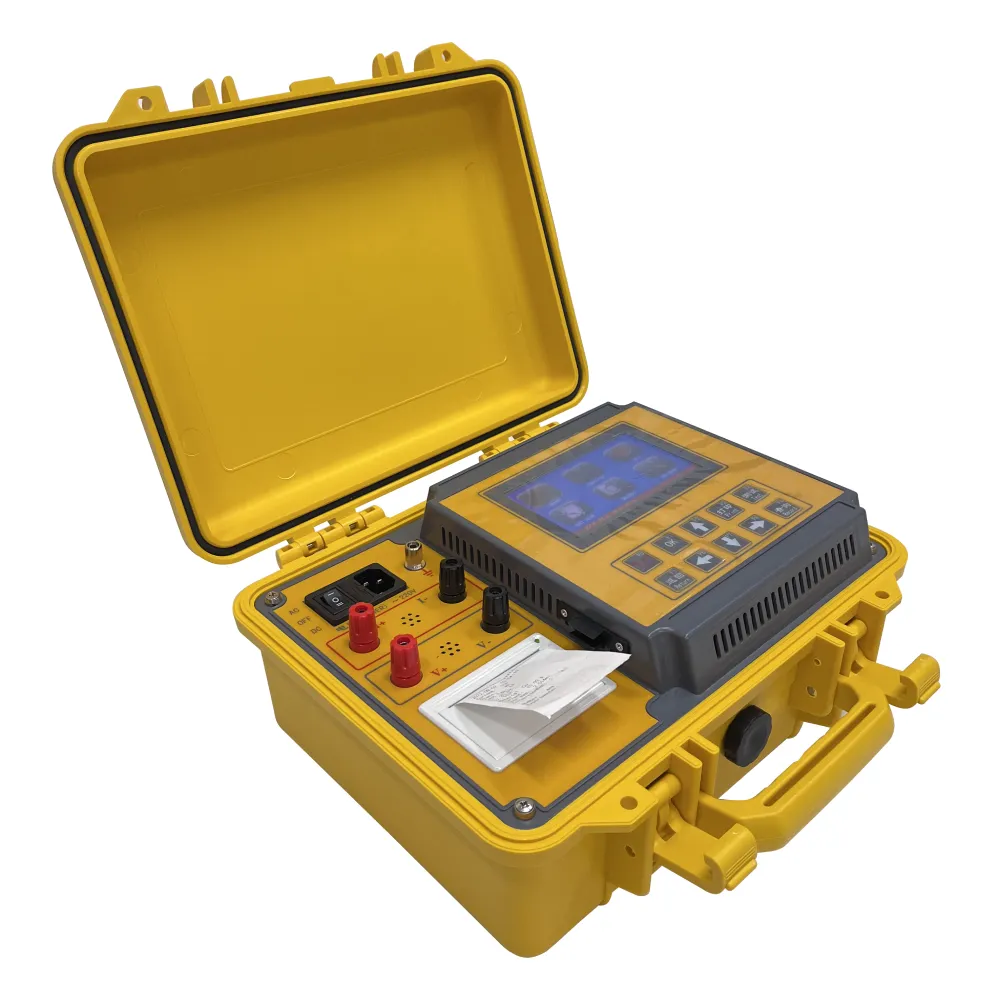 English
English


Understanding Power Factor Testing Meters for Efficient Electrical Measurement and Analysis
Understanding Power Factor Testing Meters
Power factor testing meters are essential instruments used in electrical engineering to assess the power factor of circuits. The power factor is a crucial parameter that reflects the efficiency of electrical power usage in AC (alternating current) systems. It measures the ratio of real power flowing to the load (measured in watts) to the apparent power in the circuit (measured in volt-amperes). A power factor of 1 indicates that all the power supplied by the source is being used effectively, while a lower power factor signifies inefficiencies, potentially leading to increased energy costs and penalties from utility companies.
A power factor testing meter evaluates how effectively electrical power is being utilized in a system. These meters come equipped with advanced technology to provide accurate readings, facilitating the identification of power factor problems. Typically, they can measure voltage, current, phase angles, and calculate the power factor, offering a comprehensive overview of power system performance.
There are two primary types of power factor meters analog and digital. Analog meters use mechanical components to display readings, while digital meters provide a numeric display and additional data analysis capabilities. Digital meters are increasingly popular due to their accuracy, ease of use, and ability to store data for further analysis. Many models also offer features such as data logging, which enables users to track performance over time and identify trends that may indicate issues in power management.
power factor testing meter

The importance of maintaining a high power factor cannot be overstated. A low power factor can lead to increased energy consumption, higher electricity bills, and potential regulatory fines. Utility providers encourage industrial and commercial consumers to maintain a power factor close to unity, typically above 0.9, to enhance the efficiency of the power grid and reduce the overall demand for energy.
In practical applications, power factor testing meters are widely used across various sectors, including manufacturing, data centers, and commercial buildings. Regular testing assists in maintaining equipment performance, reducing energy costs, and ensuring compliance with regulations. Additionally, many industries implement power factor correction devices, such as capacitors, to enhance their efficiency. Using power factor testing meters allows users to assess the effectiveness of these devices and make informed decisions regarding their operations.
In conclusion, power factor testing meters are vital tools for anyone involved in electrical systems management. They provide insightful data that can lead to more efficient power usage, cost savings, and enhanced equipment lifespan. Understanding and utilizing these meters can significantly benefit businesses and industries alike, contributing to a more sustainable and economically viable energy future. Whether in high-demand industrial applications or everyday commercial use, the importance of maintaining an optimal power factor cannot be ignored.
-
Differences between open cup flash point tester and closed cup flash point testerNewsOct.31,2024
-
The Reliable Load Tap ChangerNewsOct.23,2024
-
The Essential Guide to Hipot TestersNewsOct.23,2024
-
The Digital Insulation TesterNewsOct.23,2024
-
The Best Earth Loop Impedance Tester for SaleNewsOct.23,2024
-
Tan Delta Tester--The Essential Tool for Electrical Insulation TestingNewsOct.23,2024





